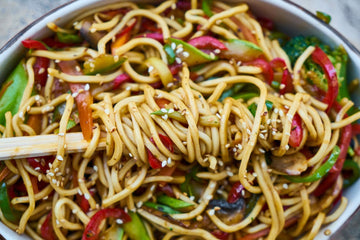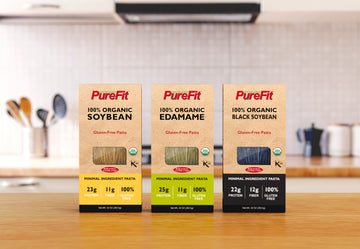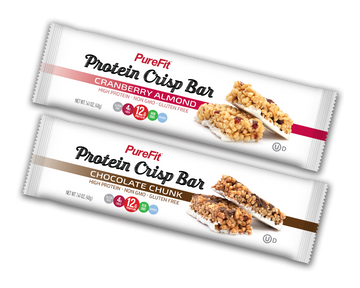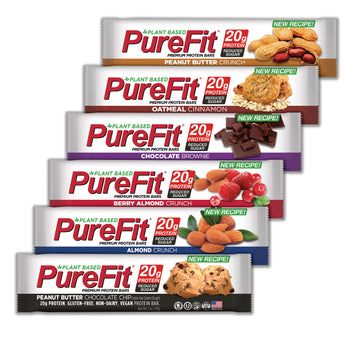
Robb Dorf is founder and CEO of PureFit, which exports high-protein, gluten-free nutrition bars to 20 countries. (Photo by MARK RIGHTMIRE,ORANGE COUNTY REGISTER/SCNG)
By MARGOT ROOSEVELT / STAFF WRITER
Two years ago, Robb Dorf, an Irvine entrepreneur, faced a calamity.
In the cutthroat competition for supermarket shelf space, rivals had edged his high-protein, gluten-free, California-made nutrition bars out of a major American grocery chain.
Dorf’s company, PureFit, had just three employees and under $10 million in sales, “but we didn’t curl up in a ball,” he recalled. “We kept fighting. We realized, there’s a lot more opportunity outside the U.S.”
Today, PureFit exports to 20 countries from Switzerland to Singapore. Foreign sales rose 53 percent in two years, accounting for a quarter of revenue and making up for domestic losses.
“International business saved my company,” said Dorf, 48, an avid cyclist who launched his brand 15 years ago because “most nutrition bars were dressed-up candy bars.”
Foreign trade is in the news. President Barack Obama is pushing Congress to approve a massive trade deal with 12 nations, the Trans-Pacific Partnership. And the broader question of whether trade agreements create or destroy jobs has become a hot-button issue in presidential and congressional campaigns.
For exporters such as Dorf, trade deals can mean fewer tariffs on their goods. And that could be good news for Southern California, which, with its massive ports, ethnically mixed population and diversified industries, is an export powerhouse.
Los Angeles County produced a quarter of California’s $165 billion in merchandise exports in 2015. Orange County, with $19 billion, made up 11 percent, and the Inland Empire, with $9 billion, accounted for 5.4 percent.
“International trade is a key driver of California’s $2.5 trillion economy,” said Cal State Fullerton economist Mira Farka, co-author of an annual export forecast. “If California were a separate country, it would rank as the 21st largest exporter in the world.”
Aerospace and high-tech giants can take credit for a big chunk of the goods that Californians send abroad. But small and medium-sized companies such as Dorf’s account for more than 45 percent of exports, higher than the national ratio of one-third.
PROMISE AND PERIL
Still, only about 1 percent of small businesses venture into the global market. “Many are afraid,” said Karen Scuncio, a consultant with the Orange County Small Business Development Center in Santa Ana. “They don’t understand the opportunities – or how many resources are out there to help.”
From her Santa Ana office, Scuncio has advised 90 would-be exporters in the past year, including a Laguna Beach bikini designer, a Rancho Santa Margarita pet food maker, a Corona del Mar lice shampoo manufacturer and an Anaheim aerospace engineer who invented a new type of baby swaddle.
But exporting isn’t for the faint of heart, as PureFit’s experience shows.
“It’s hard enough to compete in your own back yard,” said Dorf, who pegs the number of U.S. nutrition bar makers at about a thousand, with a few giants, such as Clif Bar and Quest, dominating the market.
But compared with selling in the U.S., Dorf acknowledges, “exporting is overwhelmingly complicated.”
To carve out a domestic niche, PureFit has had to repeatedly reinvent itself, first as a gluten-free vegan nutrition bar, and, when others moved into that space, by eliminating any genetically-modified ingredients.
Dorf’s first puzzle as an exporter: Which countries to target?




